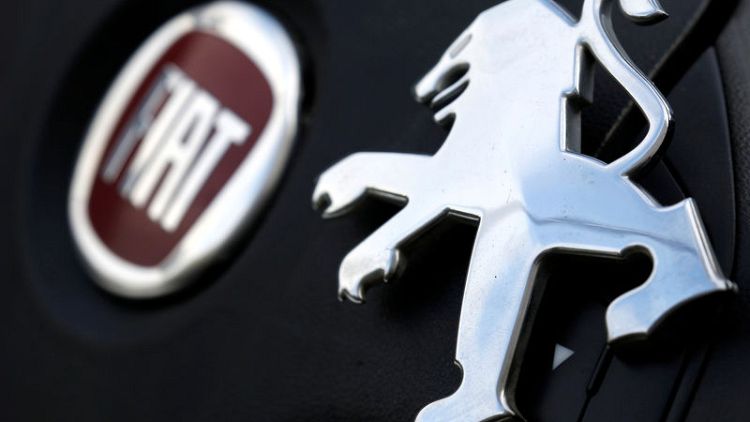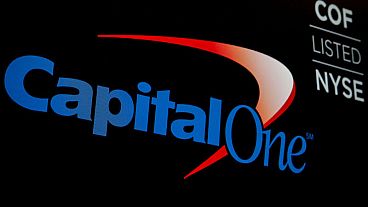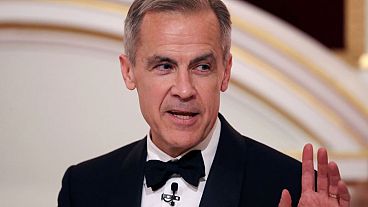MILAN/PARIS (Reuters) - Fiat Chrysler <FCHA.MI> and Peugeot owner PSA <PEUP.PA> are in talks to combine and create a $50 billion (£39 billion) giant better placed to tackle a host of costly technological and regulatory challenges facing the auto industry.
The move comes less than five months after merger talks between FCA and French carmaker Renault <RENA.PA> foundered, with the U.S.-Italian group blaming intervention from French government officials.
FACTS AND FIGURES:
PSA had revenue of 74 billion euros (£64 billion) last year when it sold 3.9 million vehicles.
It employed 211,000 people.
Its brands include Peugeot, Citroen, Opel and Vauxhall.
FCA generated net revenue of 110 billion euros in 2018 and shipped 4.8 million vehicles.
Its workforce totalled 199,000.
Its brands include Fiat, Chrysler, Alfa Romeo, Jeep, RAM, Lancia and Maserati.
WHY DO FCA AND PSA WANT TO COMBINE?
The car industry is facing a downturn as sales in mature markets stagnate and growth cools in countries such as China which had been helping to sustain expansion.
Ford last week became the latest major carmaker to issue a profit warning.
The industry is also having to reinvent itself in the light of the Volkswagen "Dieselgate" emissions scandal and broader environment concerns.
European carmakers have waited until the last minute to try to meet ambitious EU emissions targets and face billions in fines if they fail to comply. The EU has imposed a 40% cut in emissions between 2007 and 2021.
The main advantage of a merger for Peugeot would be FCA's highly profitable businesses in North America, with its RAM trucks and Jeep brand.
FCA derives 66% of its revenue from North America compared with only 5.7% for PSA, Refinitiv Eikon data shows. Europe remains the main revenue driver for PSA.
FCA lacks adequate green technology and would benefit from PSA's expertise which has already spawned the Peugeot e-208 and the Opel Corsa-e mini.
In some ways, Renault may be a more suitable partner for FCA as it offered a larger exposure to Asia through its Nissan partnership. It is also an electric-car pioneer with relatively fuel-efficient engine technologies and a strong presence in emerging markets.
WHY MIGHT THIS SUCCEED WHEN THE RENAULT TALKS COLLAPSED?
PSA is a more stable potential partner than French rival Renault which has been reeling from the loss of leader Carlos Ghosn. He is facing trial in Japan on charges of financial misconduct which he denies. The loss of Ghosn laid bare tensions between Renault and its alliance partner Nissan <7201.T>.
As the downturn deepens and emissions targets bite, finally securing a deal is given greater urgency.
WHAT ARE THE MAIN OBSTACLES?
The ownership complexities that helped to scupper the FCA-Renault deal could also complicate this combination.
The French government has a 12% shareholding in PSA while the Peugeot family and the Chinese state, via Dongfeng Group <0489.HK>, have similar holdings.
In August, PSA's shares briefly rallied amid speculation that Dongfeng was considering selling all or part of its stake. PSA shares were worth as little as 9 euros in 2014 when Dongfeng bought the stake and soared to as high as 27 euros on Wednesday.
Some analysts say the Chinese presence might trigger doubts in the United States over a potential merger, as trade tensions between Washington and Beijing remain high.
The Italian government and unions are keen to avoid major job losses in Italy https://reut.rs/2PzwYIX, where 58,000 workers are employed by FCA, and with most of its Italian plants https://fingfx.thomsonreuters.com/gfx/mkt/12/793/787/Capture.png heavily underused.
HOW MIGHT RENAULT RESPOND?
Some commentators have speculated that details of the talks have leaked out to try to bring Renault back to the negotiating table with FCA.
However, Renault's focus is believed to be on fixing its alliance with Nissan following management changes at the top of both companies.
WHO ARE MAIN PERSONALITIES INVOLVED?
PSA CEO Carlos Tavares, a Portuguese national, worked for both Renault and Nissan before taking the reins at PSA five years ago. He is credited with rescuing the group from near-bankruptcy and expanded it through the acquisition of Opel two years ago.
New York-born John Elkann has been Fiat chairman since 2010, maintaining a family link back to the Italian company founded by his great-great-grandfather Giovanni Agnelli, which built its first car in 1899.
Elkann, whose French is better than his Italian, spent seven years at a lycee in France before studying engineering at Politecnico, the Engineering University of Turin.
(This story was refiled to fix name in penultimate paragraph to John Elkann)
(Editing by Keith Weir and Jason Neely)



